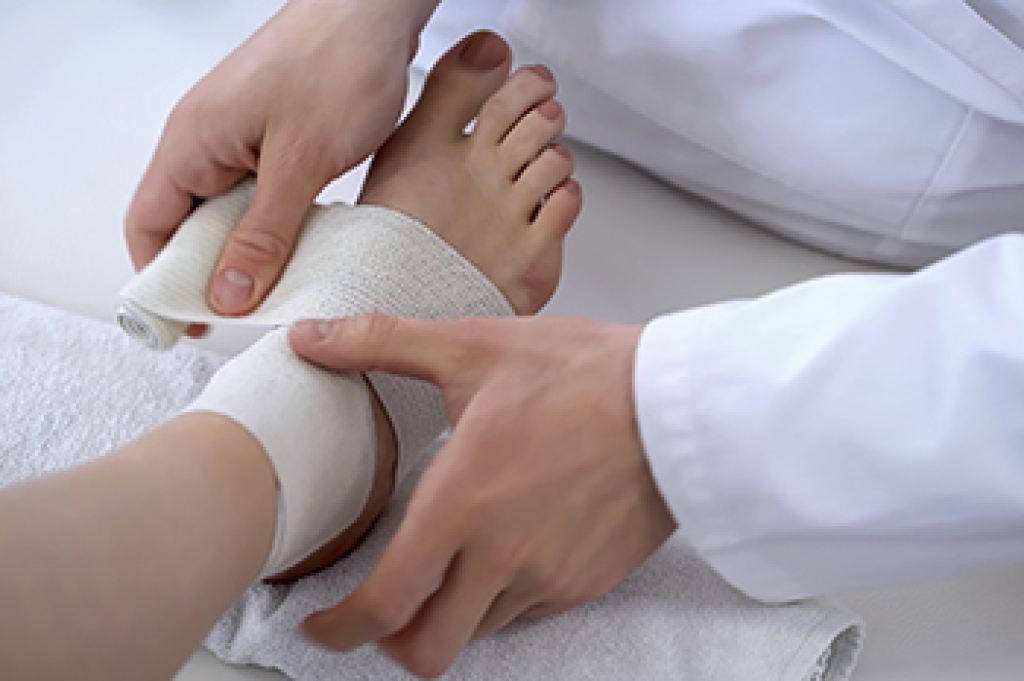
Good foot care in the elderly plays a vital role in preventing common foot problems and maintaining independence. Routine care helps reduce the development of corns, bunions, and painful skin or nail conditions that can interfere with walking. Healthy feet also improve balance and stability, which lowers the risk of falls and related injuries. When foot discomfort is addressed early, mobility improves, and overall well-being is enhanced, supporting an active and confident lifestyle. A podiatrist can provide regular foot evaluations, manage chronic conditions, treat painful deformities, and offer guidance on proper footwear and foot hygiene. If you or a loved one is experiencing foot pain or mobility concerns, it is suggested that you consult a podiatrist to protect foot health and support safe, comfortable movement at every stage of aging.
Proper foot care is something many older adults forget to consider. If you have any concerns about your feet and ankles, contact Howard Abramsohn, DPM from Ambulatory Foot and Ankle Associates, LLC. Our doctor can provide the care you need to keep you pain-free and on your feet.
The Elderly and Their Feet
As we age we start to notice many changes in our body, but the elder population may not notice them right away. Medical conditions may prevent the elderly to take notice of their foot health right away. Poor vision is a lead contributor to not taking action for the elderly.
Common Conditions
- Neuropathy – can reduce feeling in the feet and can hide many life-threatening medical conditions.
- Reduced flexibility – prevents the ability of proper toenail trimming, and foot cleaning. If left untreated, it may lead to further medical issues.
- Foot sores – amongst the older population can be serious before they are discovered. Some of the problematic conditions they may face are:
- Gouging toenails affecting nearby toe
- Shoes that don’t fit properly
- Pressure sores
- Loss of circulation in legs & feet
- Edema & swelling of feet and ankles
Susceptible Infections
Diabetes and poor circulation can cause general loss of sensitivity over the years, turning a simple cut into a serious issue.
If you have any questions, please feel free to contact our office located in Mt Laurel Township, NJ . We offer the newest diagnostic and treatment technologies for all your foot care needs.




